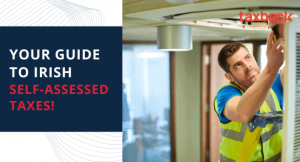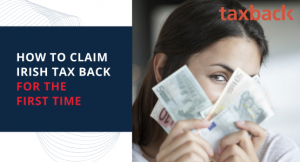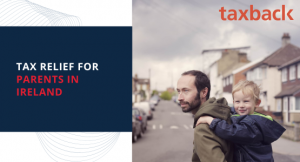Budget 2018 unwrapped
USC is going down. Fizzy drinks are going up. Everything you need to know about today’s budget announcement
Key points
- USC cut
- Income tax bands expanded
- €5 a week increase in welfare payments
- Sugar tax announced
- 4,000 new social houses to be built
- Total Budget Day ‘package’ a whopping €1.2bn
Budget 2018 has finally dropped!
After weeks of speculation, the waiting ended today with Minister for Public Expenditure & Reform, Pascal Donohoe’s announcement at Leinster House.
So let’s get into it.
Tax cuts
Much of the pre-budget chatter surrounded three letters. U, S and C. Would the government reduce any of the Universal Social Charge rates? Would they instead opt to alter the tax rate bands to reduce the pressure on the ‘squeezed middle’? In the end, they did both.
There was no change to the entry point of USC, which stays at €13,000. Donohoe has instead reduced the 2.5% USC rate to 2% and increased the ceiling for this new rate from €18,772 to €19,372.
There was change too for the 5% rate which falls to 4.75%, reducing the top marginal rate of tax on income up to €70,044 to 48.75%.
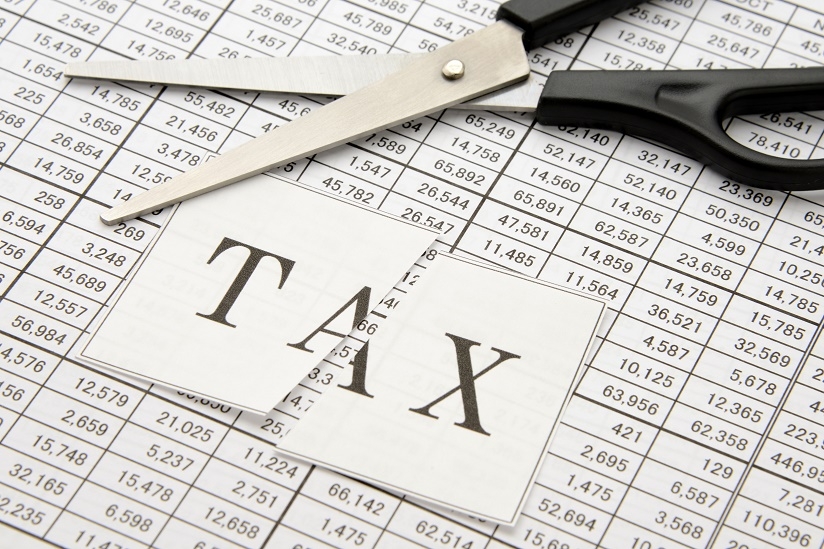
The minister also announced that a working group is to be set up “to plan, over the coming year, the process of amalgamating USC and PRSI over the medium term” – encouraging news for those hoping for an end to USC.
As for income tax, the point at which an income earner reaches the higher rate of income tax will rise from €33,800 to €34,550 next year.
When all the dust has settled, Donohoe says tax reductions on income are to be “worth €335 million”.
Social welfare

As An Taoiseach Leo Varadkar had indicated in the budget build-up, the State Pension has been increased by €5 a week (meaning the contributory pension now rises to €240 a week).
In fact the €5 increase was granted to a range of social welfare payments.
The increase will affect all weekly payments, including the State pension, Jobseekers' Allowance and Benefit, disability allowance and carer's allowance. These measures will take effect in the last week of March.
There will also be a €20 increase in the 'earnings disregard' for the One Parent Family Payment and Jobseekers' Transitional Scheme.
The Christmas Bonus payment of 85% will again be paid to all social welfare recipients in 2017.
Furthermore, Donohoe stated that "unemployment is now at its lowest since 2008, at 6.1% and is forecast to fall to 5.7% on average in 2018”.
Sugar tax

Of course, to pay for tax cuts and increases in social welfare payments the government was always going to have to raise money from somewhere. The usual suspects – cigarettes, alcohol and diesel – were always likely to come under the spotlight for increases.
While Tuesday’s announcement saw the government increase excise duty on a pack of 20 cigarettes by €0.50c, (bringing the price of cigarettes in the most popular price category to €12), undoubtedly the biggest talking point was the introduction of the much discussed sugar tax.
The tax will stand at €0.30c per litre on drinks with over 8g of sugar per 100ml and a reduced rate of €0.20c per litre on drinks with between 5 and 8g of sugar per 100ml. The measures are set to come into action in April 2018.
Self-employed
From 2018 the Earned Income Credit will be increased by €200, bringing it €1,150 – good news for the approx. 17.4% of Irish workers who are self-employed.
Housing and property
The government took a number of measures to tackle Ireland’s housing and homeless crises.
For starters, the Minister for Finance announced that he was allocating €1.83bn for housing in 2018 and that there will be 4,000 new social housing units built by local authorities. An extra €500m will be allocated for the Direct Building Programme which will see 3,000 additional social houses built by 2021.
Funding for homeless services will also increase by €18m to more than €116m.
€149m of the 2018 housing budget will be allocated to the Housing Assistance Payment where an additional 17,000 homes and households are to be accommodated by next year.
Additionally, Donohoe will also make €750 million of the Irish Strategic Investment Fund available for commercial investment in housing finance.
However, it wasn’t all good news on the housing front. The minister announced that the Mortgage Interest Relief Scheme is to end after 2020. It was will first taper down to 75% next year, 50% in 2019, and 25% in 2020.

But what about commercial property?
The government is to more than double the current 3% vacant site levy rate that applies in the first year to 7% in the second and subsequent years.
"What this means in practical terms is that any owner of a vacant site on the register who does not develop their land in 2018 will pay the 3% levy in 2019 and then become liable to the increased rate of 7% from 1 January 2019.
"If they continue to hoard their land in 2019, they will pay 7% in 2020, resulting in an effective vacant site levy of 10% over the two years," said Donohoe.
There will also be increases in commercial Stamp duty - from 2% to 6% from midnight tonight. While this is higher than initially expected, it is less than the maximum rate of 9% which was charged from 2002 – 2008.
Health

2018 will see the government spend a record high of €15.3bn on healthcare – with an increase of €685m provided in this budget.
According to Donohoe the money will provide resources for “an additional 1,800 staff” stationed across “a range of frontline services (including) the acute, mental health, disability, primary and community care sectors”.
The budget includes a reduction in prescription charges for all medical card holders under 70 from €2.50 per item to €2 per item with a subsequent reduction in the monthly cap from €25 to €20. The threshold for the Drugs Payment Scheme is dropping also, from €144 to €134.
€90m of the health budget will be allocated to the roll-out of a new Access Plan. The purpose of the plan will be to ensure that patients can avail of “the medical care they need in the most appropriate setting for them”.
Lastly in health, Donohoe announced that he is increasing the VAT rate on sunbed services from the reduced rate of 13.5% to the standard rate of 23%.
"This is in recognition of clear evidence of a link between sunbeds and skin cancer, the most common form of cancer in Ireland", he said.
Education
Spend on education has also reached record highs in Budget 2018. In fact, the government will splash out more than 16% (over €10bn) of total expenditure on the sector.
According to the minister, this increase “delivers almost 1,300 additional teaching posts in schools in 2018”. It will also see the Pupil Teacher Ratio at primary level reduced to 26 to 1 – “the lowest level it has ever been”.
Over 1,000 additional special needs assistants will also be introduced to the education system.
Finally, the National Training Fund levy is set to increase from 0.7% to 0.8% to provide additional investment in higher education.
Rainy day

Brexit was evidently at the forefront of the minister’s mind as he undertook his budget preparations, and it was mentioned no less than 16 times throughout his speech.
A new Rainy Day Fund will be established in the coming year, with at least €1.5bn being transferred to it from the Ireland Strategic Investment Fund. Then, from 2019, annual contributions of €500m will be added to the fund.
Mr Donohoe said the establishment of the Rainy Day Fund is "another important step in strengthening the national finances in a changing and risky world, especially in light of Brexit".
SMEs and agriculture
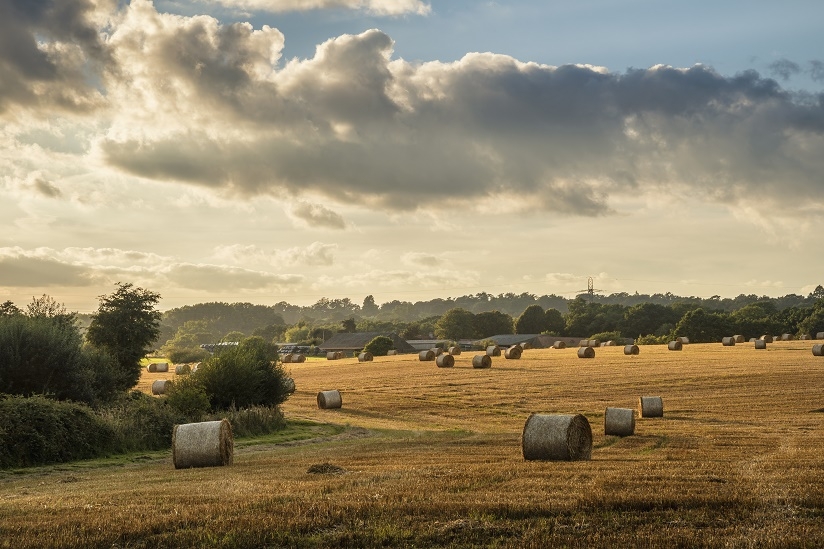
Brexit was also referenced when the minister announced his measures to support small and medium enterprises (SMEs).
The Brexit Loan Fund will see up to €300 million made available to SMEs to help them prepare for Brexit. The fund aims to help SMEs “with their short-term working capital needs”.
Meanwhile, Minister Donohoe also revealed that a further €25 million will be put in place for a Brexit Response Loan Scheme for the agri-food sector.
This package will focus on building competitiveness and exploring new market opportunities. It is hoped that the package will increase innovation and provide critical funds for marketing and promotional activities.
Furthermore, the Department of Agriculture will see its funding increased by €64 million in 2018 - bringing the department’s overall budget to €1.5 billion next year. Donohoe stated that the increase was supplied in order to support Ireland’s largest indigenous industry and meet the challenges of Brexit.
Families and childcare

An additional €20 million allocation for a range of childcare measures, including (from September 2018) further development of the extended free Pre-School programme, ensuring entitlement to a full two-year service.
Tusla, the Child and family agency has seen their budget boosted by €40 million.
And for married individuals who care for children or dependents there will be a further increase of €100 in the home carer credit, bringing the value of the credit up to €1,200 per year.
However, the much anticipated Working Family Payment was not included in this budget
On the road
The government has provided measures in Budget 2018 to incentise drivers to take-up non-fossil fuelled cars.
There will be a 0% rate Benefit in Kind (BIK) for such vehicles, for a period of one year to allow for a ‘comprehensive review’ of the sector before next year’s budget.
One surprise from Budget 2018 was that there was no increase on fuel charges.
Final points
Corporation tax – Budget 2018 saw no increase in the corporation tax rate, which will remain 12.5%
Defence – there will be 800 Gardaí and 500 civilians hired in 2018 for An Garda Síochána
Irish - there will be an increase of €2.5 million in the allocation for the Irish language and the Gaeltacht in 2018
Transport - €414 million (€9 million extra) will be allocated for public transport and roads
Sport - €111 million is being provided for sport next year
Tourism – there will be no change to VAT rate on the tourism and services sector.
But what does all of this mean for your pocket? Try our Budget 2018 calculator below to find out.
